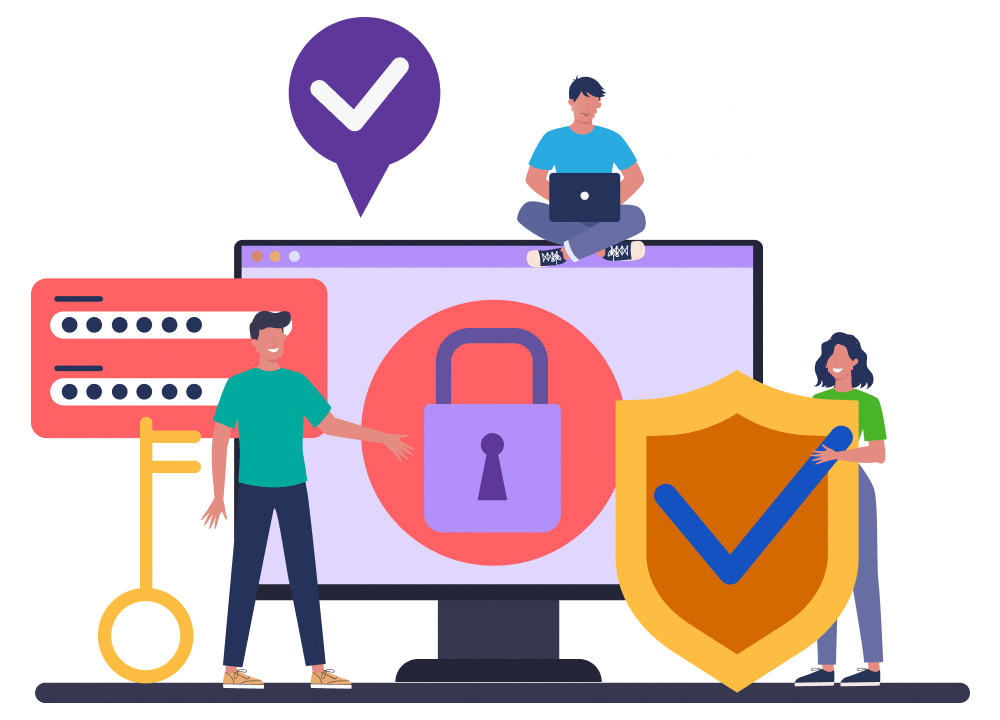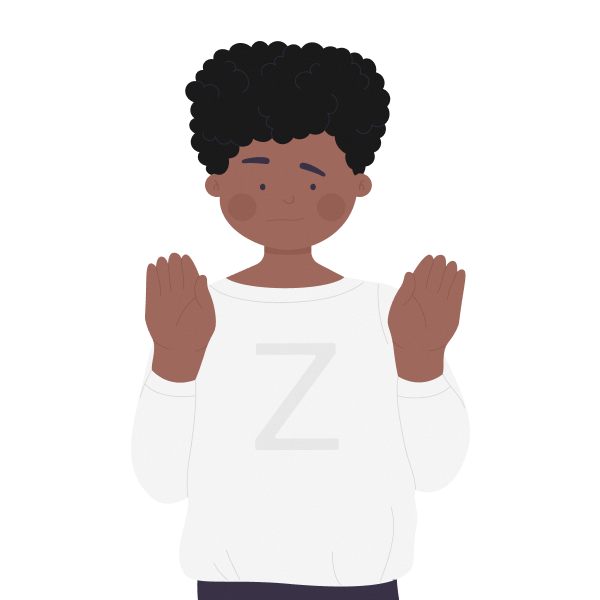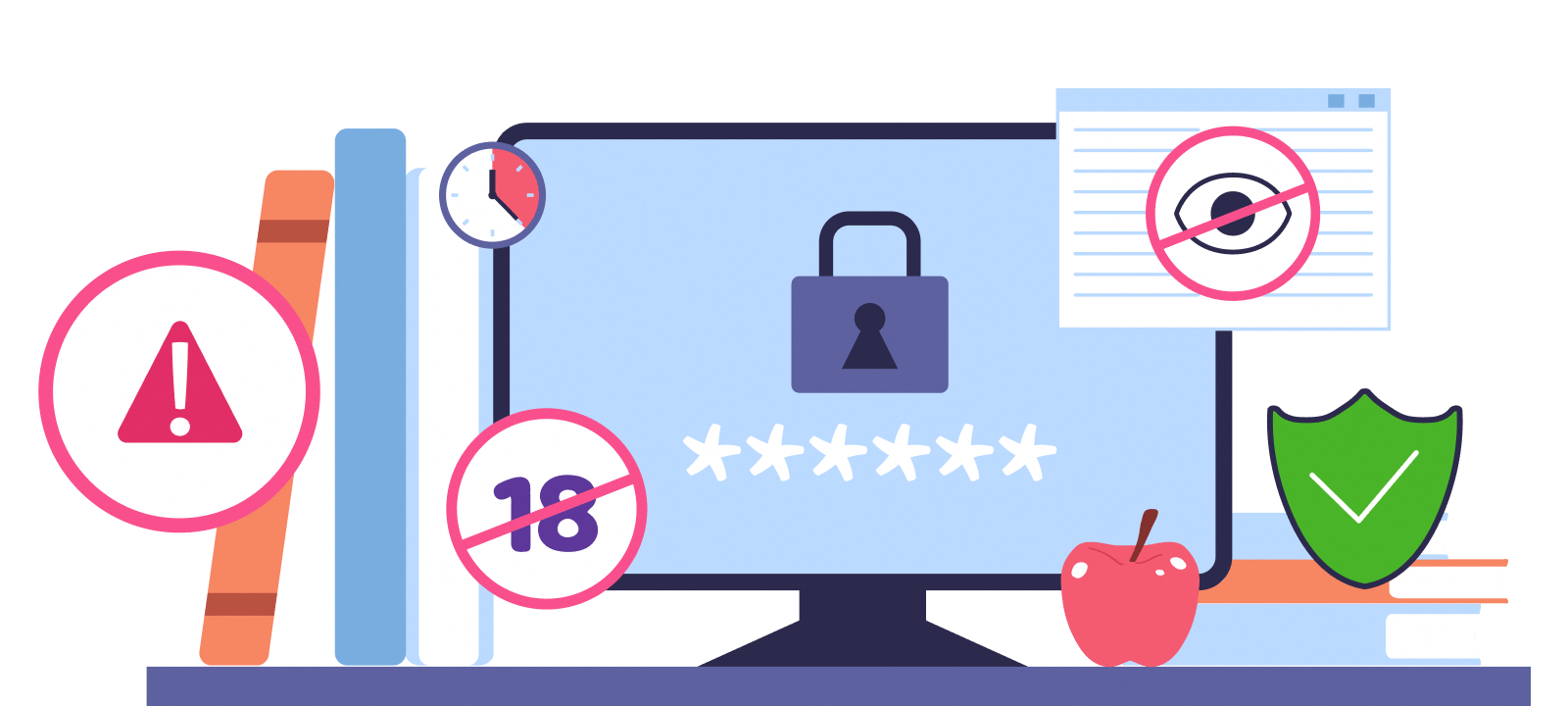Needed To Play:
-
1 card
-
2 players (You could play it with your child or have your children play with each other as you moderate)
-
Each player can take turns calling out and marking off a tile containing a cyber hygiene action they did in the past month.
-
Players can further explain why the action is important and how it helps keep them safe online.
-
The first person to mark off all tiles any way across (diagonally, horizontally, or vertically) wins!
By playing this game together with your child, you will not only improve your child’s knowledge of cyber hygiene, but can also review their understanding of it. You will also be able to lead by example and bond with your child in a fun way.














